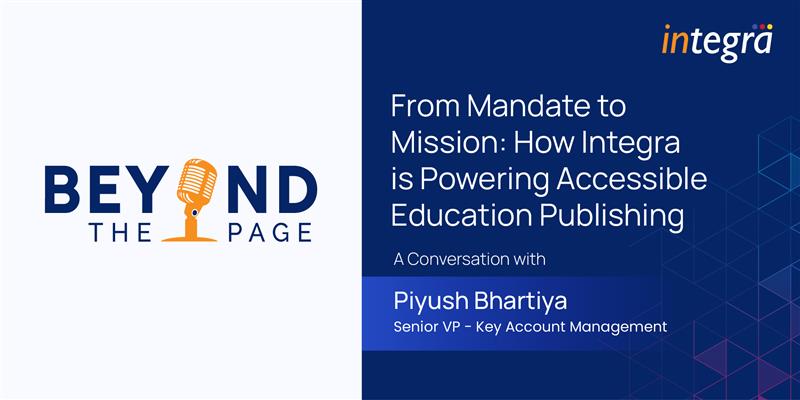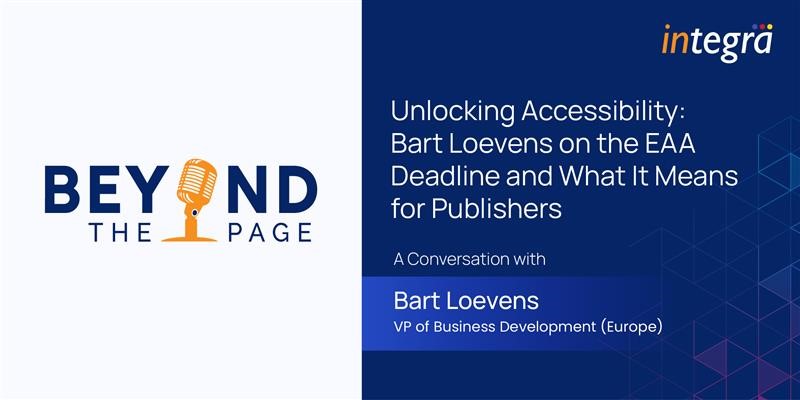Onshore vs. Offshore Editing: Choosing the Best Option for Your Publishing Needs

Editing polishes a manuscript at three levels – developmental edit, line edit, and copy edit, ensuring that basic errors and inconsistencies are prevented. Editing also ensures the manuscript avoids the most common reasons for rejection, such as poor language use, flawed arguments or conclusions, and methodical flaws. This makes editing a defining step in any manuscript’s publishing journey.
However, choosing the right editing practice is critical to success. The foremost concern is whether to pick onshore or offshore editing services. Here’s an overview to help you decide.
Onshore Editing
Traditionally, publishers have preferred onshore content editing due to concerns regarding language quality and expertise.
- Onshore editing services tend to offer native English speakers with better linguistic skills.
- It is easier to embed such services into the existing publishing environment since time and space do not hinder collaboration.
- Onshore content editing facilitates quality control with both the publisher and the editing services provider being aware of regional regulatory requirements.
Offshore Editing
Advanced technologies have given offshore content editing services powerful tools to ensure quality. This has introduced better collaborative opportunities, consistent oversight, editing quality analysis, and friction-free communication channels.
- Offshore content editing allows publishers to access subject matter experts from across the world.
- Offshore editors are better equipped to align the content with the cultural nuances of different regions, when required.
- Offshore editing services tend to be more cost-effective due to intense competition.
- Offshore editing services often have the capacity to handle large volumes of content, making them suitable for projects with extensive editing requirements.
Choosing The Right Editing Fit
AI-powered cloud-based solutions reduce the gaps between onshore and offshore editorial models. This allows publishers to choose their preferred editing model based on the most relevant criteria.
A key way to determine whether a written piece should be edited onshore or offshore is the level and extent of editing required and publisher preference on type of content.
NLP-powered automated language assessment tools help evaluate the extent of editing needed. They assess the language to categorize the manuscript into one of several sets:
- No copyediting needed
- Guided or automated editing required, or
- Extensive editing required.
The system also identifies whether an onshore or offshore editor should be chosen. The platform assesses the language quality and scope of the journal to decide whether a specific article should be assigned for onshore or offshore editing. A popular choice is to use AI-enabled offshore editing tools for simpler editing and leveraging onshore editors for extensive requirements.
Other criteria that help make a choice are:
- Access to subject matter expertise
- Turnaround time
Modern Technologies Support Evolving Publishing Needs
Cloud-based platforms can be easily integrated into any environment, accelerating the transition to newer technology and limiting data loss. The progress of a manuscript through its publishing journey and collaboration among the different parties across the different stages of publishing becomes streamlined and seamless. AI and NLP have helped reduce turnaround time by automating a considerable amount of work, such as scheduling and rescheduling, and first-level assessment of language quality. This facilitates the use of a hybrid editing model, where both onshore and offshore services can be effortlessly used, without added costs or infrastructural needs.
Integra’s complete journal publishing lifecycle platform is equipped with cloud-based sub-modules that automate and ease diverse editing activities, while also facilitating manual editing. The language and copyediting tools reduce turnaround time from the usual 60-90 days to just a few minutes, which translates to 40% cost savings in copyediting for publishers. The remarkable accuracy of the editing module, which assures over 80% correctness in the first go, improves the editor’s experience with the publisher too. The best part is that it can be used for both onshore and offshore editing services with comprehensive access rights management facilities. The platform is equipped with tools, such as iEnrich, which can be used for in-house editing, and iLancer, which facilitates the management of freelancers. Integra also has a team of highly qualified and experienced editors, adept at using these tools to expedite editing.
Contact us to learn how the cloud-based automation of editorial services can accelerate publishing while enhancing quality and reducing costs.
Recent Blogs

From Mandate to Mission: How Integra is Powering Accessible Education Publishing

Beyond Business as Usual: Why Integra’s Sustainability Story Matters More Than Ever


